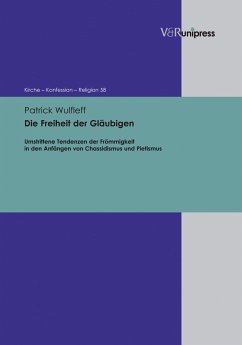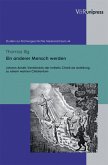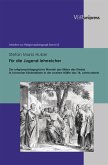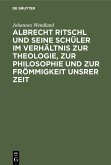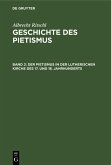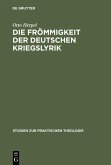Neither protestant pietism nor East European Hasidism - two of the great modern pietistic movements - are attested to be innovative in the realm of theoretical theology. Both movements, however, caused a sensation among their contemporaries. Their pietistic practices show what was understood to be specifically pietistic or Hasidic.Against this background, the author scrutinizes this practical pietism as the key characteristic of both movements, thereby tying in and relating the polemical perspective of antipietism and anti-Hasidism to the original pietistic or Hasidic writings that give guidance on pietism.This approach allows a systematic evaluation of two 'phenomena' that have repeatedly been termed "related" on account of rather superficial parallels. Going beyond the key identification criteria, it identifies modern pietistic tendencies within a frame of reference that goes beyond religious, cultural and territorial boundaries.
Dieser Download kann aus rechtlichen Gründen nur mit Rechnungsadresse in A, B, BG, CY, CZ, D, DK, EW, E, FIN, F, GR, H, IRL, I, LT, L, LR, M, NL, PL, P, R, S, SLO, SK ausgeliefert werden.

